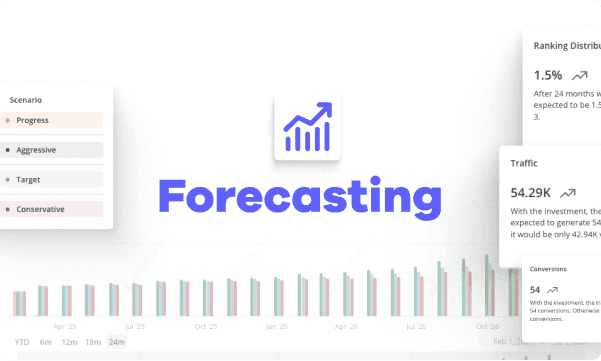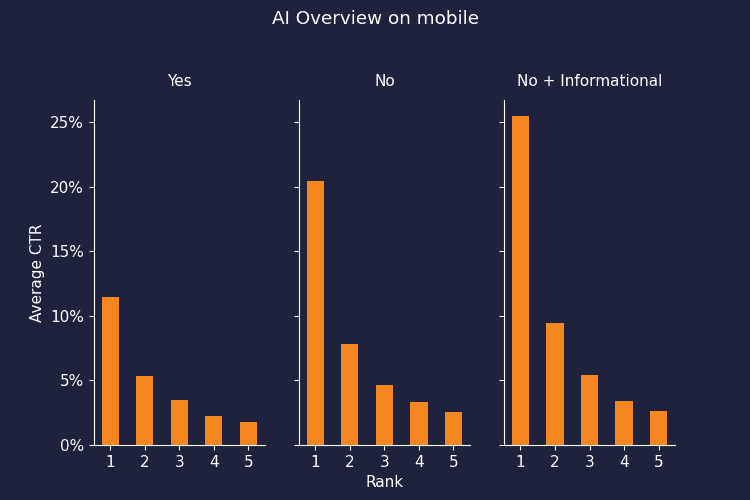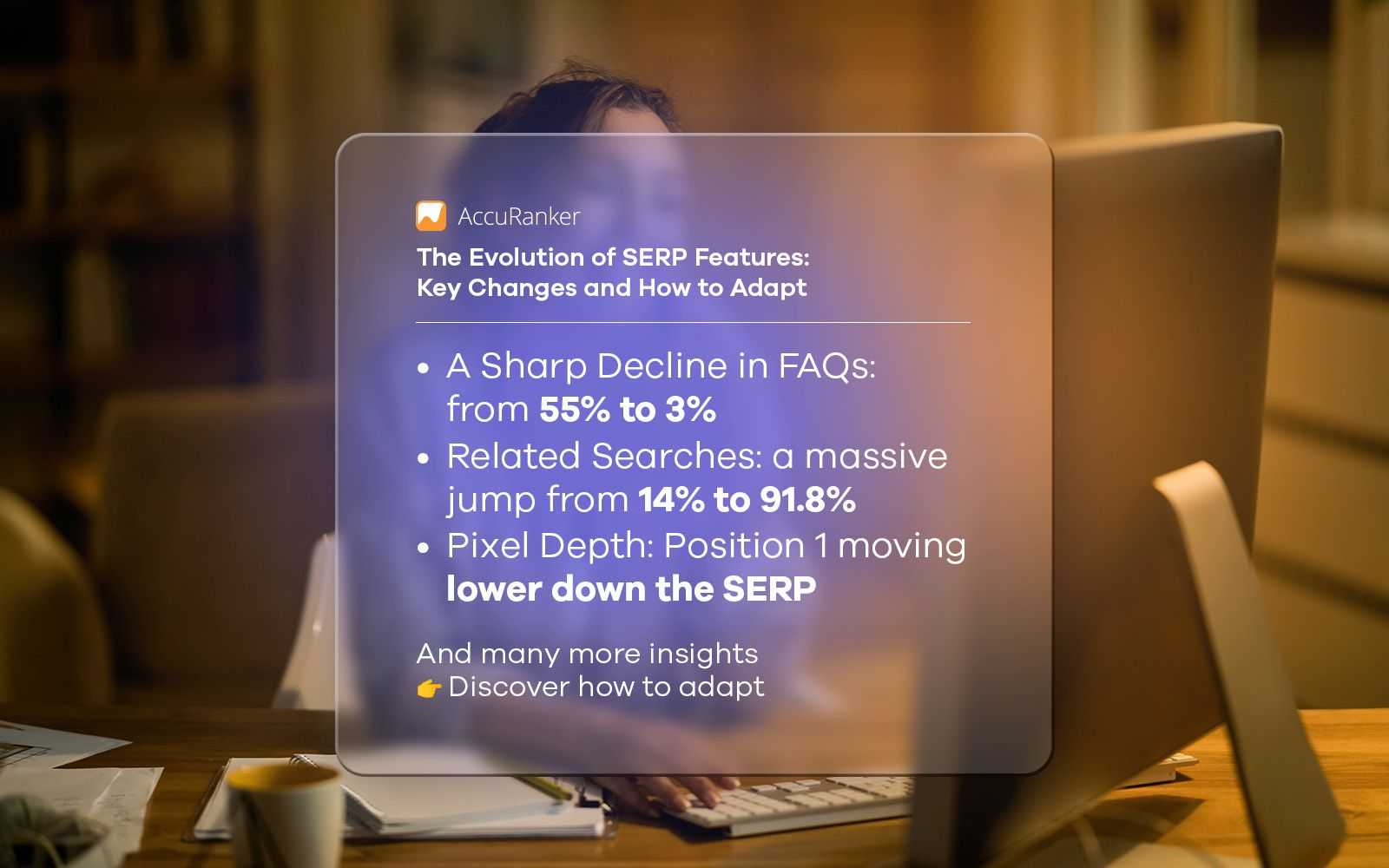Earned Links: What Are They and How to Get Them
Last updated on Thursday, February 22, 2024

Earned links are the goal of every website owner.
They are natural recommendations from other domains that vouch for the quality and relevance of your content.
But how can you get these valuable links?
This guide will explore some effective strategies for earning them and maximizing their impact on your website's success.
What Are Earned Links?
Earned links, also known as natural or editorial links, are hyperlinks that point to your website from another domain without any action on your part to make it happen.
They are the result of creating high-quality, engaging content that others deem worthy of reference.
The hallmark of an earned link is its organic nature— it's not the result of promotional efforts or incentives like giveaways or exchange requests. Rather, they are a testament to content that stands out within your niche, attracting attention and endorsement without prompting.
Why Earned Links Are Important for SEO
Now, you might be asking yourself, "Why should I pursue this kind of backlinks?"
The simple answer is that they are directly correlated with improved search engine rankings.
Google places great value on the editorial judgment of content by other websites. Natural mentions demonstrate that your content is not just relevant but also meaningful and useful to your audience.
Since the primary goal of search engines is to deliver the best possible results to users, having a strong portfolio of editorial links is a powerful indicator of your website’s credibility and can contribute significantly to its SEO.
Furthermore, they are difficult to manipulate, indicating to search engines that they are a true vote of confidence in your content. This can lead to a more stable, long-term online strategy that isn't dependent on continually adapting to algorithm changes meant to punish manipulative link-building practices.
Examples of Earned Links
What is the definition of a great link?
According to John Mueller, Search Relations team lead at Google:
A good link… so I mean the traditional good link is someone who comes across your website and thinks it’s a fantastic website and recommends it to other people with a link.
In other words, a great link is given freely and earned through the quality and value of your content.
It could come from a blog post or article that recommends your website as a reliable resource, from an influencer in your industry who shares and endorses your content, or even from a happy customer who includes your website in their review.
Now, to fully grasp the concept, it's helpful to explore some examples of how they work and the forms they can take.
Recommendations from Blogs and Forums
A high-profile blogger stumbles upon your tutorial that provides exceptional value to their readers.
He decides to include a link back to your content in one of his articles as a recommended further reading. This gesture not only drives targeted traffic but also enhances your site’s backlink profile.
For example, a Moz author mentioned my article about featured snippets and decided to mention it in his post about “A Timeline of Bing and Bard Features“:

Mentions in Industry-Leading Publications
Imagine that a leading publication in your industry writes an article about emerging trends and includes a reference to a piece of research you published on your site.
That hyperlink becomes an earned link, signaling to search engines and readers the significance of your findings.
Citations in Academic or Research Papers
In the academic world, your data analysis becomes a key reference in a seminal research paper within your field, leading to a citation endorsed as valuable and trustworthy by the community.
These are just a few of the myriad ways editorial links can manifest, highlighting their diversity and significance across various online platforms and industries.
4 Steps to Earn Links Naturally
In its Search Essentials, Google recommends site owners focus on creating unique and relevant content that is beneficial for users. This is the key principle behind earning links naturally: providing valuable resources or information that others want to share.

With this in mind, here are four steps you can take to start getting natural mentions on your site.
Step 1: Create In-Depth, Relevant Content
The foundation of an effective online strategy is content creation.
You need to produce materials that are not only pertinent to your niche but also provide comprehensive insights that make your content stand out from the competition.
In-depth articles, data-driven research, infographics, presentations, visuals, and original studies have a better chance of being linked to as they are considered thorough and authoritative.
Infuse your content with unique perspectives, fresh data, or innovative approaches that compel readers to engage and share.
For example, instead of writing a generic product review, try creating a detailed comparison guide between multiple products in your niche like ModestMoney did in its Rocket Money vs Simplifi article.

Step 2: Implement Strong SEO Practices
While the primary aim is to produce content for real people, SEO practices should be considered too.
Implement on-page SEO techniques, including proper keyword usage, meta tags, and internal linking, to ensure that search engines can understand and index your content effectively.
Additionally, this helps potential linking sites or bloggers identify the relevance of your content when researching for articles or blog posts, making it easier for them to find and link to your materials.
If you ask me, keyword research is the most critical aspect. If you can find low-competition, good-volume keywords to target, you have a better chance of ranking higher on search engine results pages (and getting natural mentions).
Use tools like Ahrefs, Google Keyword Planner, or SEMrush to research and identify relevant terms for your content. You can also leverage them to steal competitor keywords.

Step 3: Add Structured Data Markup
Structured data markup is a language-agnostic way to provide additional information about your content to search engines. This metadata helps them understand the context and meaning of your content better, making it more likely to appear in relevant searches.
It can also improve how your content appears online by providing more detailed and visually appealing snippets. It can also be used to enhance your content's visibility on other platforms, such as social media and voice assistants.
You can implement structured data markup using JSON-LD or Microdata formats. Google provides a Structured Data Markup Helper tool to help you create the necessary code for your content easily.

Step 4: Foster Relationships with Your Audience and Peers
Every link editorially placed without your intervention is a sign of trust in your content. You can help cultivate this trust by actively engaging with your audience and the broader community.
Respond to comments on your blog, participate in discussions on relevant forums, and reach out to peers with whom you can collaborate or share your content.
Building these relationships can lead to more natural citations and possibly formal collaborations that involve content sharing and cross-linking strategies.
Earned Links FAQs
What is the Difference Between Link Building and Link Earning?
Link building traditionally refers to the active process of acquiring backlinks through various tactics like outreach, guest posting, and directory submissions. Link earning, on the other hand, is the passive acquisition of links as a result of creating valuable content that others choose to link to.
The fundamental difference lies in the approach. Link building involves proactive outreach and is often more manipulative, while link earning is about naturally attracting links by producing high-quality content that meets a genuine demand.
Should I Stop Link Building and Focus Only on Link Earning?
While natural backlinks are highly valuable, a well-rounded SEO strategy often incorporates link building too. There are instances where a well-crafted, strategic link-building campaign can amplify the visibility and reach of your content, leading to more opportunities for earned links over time.
Focusing solely on link earning may not yield immediate results and could be a relatively slow process. Instead, combine both approaches, ensuring that your link-building practices are ethical and that they focus on producing value for the linked sites' audiences.
How Can I Measure the Impact of Earned Links on My Site's SEO?
Measuring the impact of editorial links on your site’s SEO can be challenging, as links are just one of many factors that search engines use to rank pages. However, you can use tools like Google Search Console and third-party software to monitor changes in your site’s backlink profile over time.
Look for trends, such as increases in domain authority, organic search traffic, or search engine rankings for target keywords. While it may be difficult to isolate the specific impact of earned links within the broader context of SEO, a positive correlation is a fair indicator of their significance.
Final Words
In conclusion, earned links are a valuable asset in the online world, but they are a product of meticulous planning and relentless dedication to producing exceptional content.
By understanding their nature, their importance, and how to actively pursue them, you can elevate your site’s visibility and authority within your industry.
Remember that quality always triumphs over quantity.
Focus on creating content that enriches the web, and the links will naturally follow.

Article by:
Erik Emanuelli
Blogger
Erik Emanuelli has been in the online marketing game since 2010. He’s now sharing what he has learned on his website. Find more insights about SEO and blogging here.


